York is home to 32 organized research units (ORUs), which have a strong history of collaborative, innovative and interdisciplinary research. These ORUs provide a home for research development beyond the traditional academic units. Steeped in York’s tradition of collegial interdisciplinarity, ORUs serve as synergistic hubs for participatory research programs that bring together expertise from across disciplines.
Why Join an ORU?
- Get connected to a community of interest at York and beyond
- Stay updated about events and initiatives in your area of research
- Become involved in an ORU’s projects, initiatives and committees
- Access ORU supports such as: grant development and administration, event hosting and knowledge mobilization to share your work, and project coordination
To join an ORU, visit their website and connect with the coordinator or director.
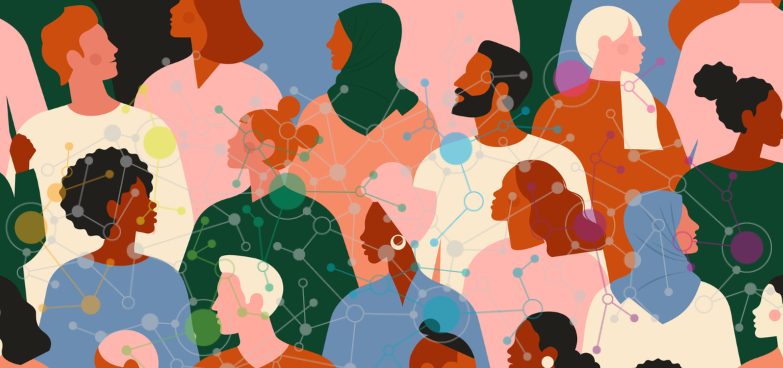
Centre for Artificial Intelligence and Society
The Centre for Artificial Intelligence and Society (CAIS) unites researchers who are collectively advancing state-of-the-art theory and practice of artificial intelligence (AI) systems, law, governance and public policy. The research focuses on AI systems that address societal priorities in health care, smart cities and sustainability, and are fair, explainable, reliable and trusted.

Centre for Bee Ecology, Evolution and Conservation
The mission of the Centre for Bee Ecology, Evolution and Conservation (BEEc) is to foster interdisciplinary, innovative, collaborative, and cutting-edge research to be used for the advancement of knowledge and implementation of policy changes to help sustain pollinators globally.

Centre for Feminist Research
The Centre for Feminist Research / Le centre de recherches féministes promotes feminist activities and collaborative research at York University and works to establish research linkages between York scholars and local, national, international and transnational communities. Feminist research is conceived of in broad terms, as being concerned with issues of women, gender, class, race, sexuality, ability and feminism.
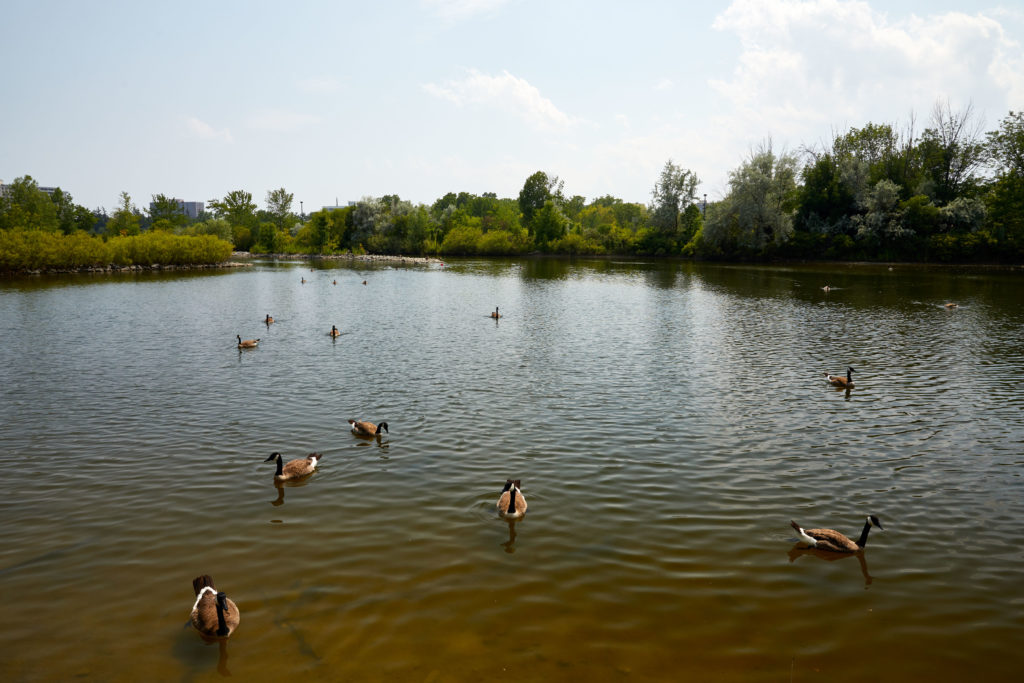
Centre for Indigenous Knowledges and Languages
The Centre for Indigenous Knowledges and Languages supports research involving both traditional and contemporary knowledges, as care-taken, shared, and created by Indigenous scholars located in the University and Indigenous knowledge holders from communities. It aims to facilitate research and knowledge production and dissemination, by Indigenous and non-Indigenous scholars, that re-centres Indigenous knowledges, languages, practices, and ways of being. It thus affirms Indigenous knowledges as vital sources of insights for our world and for future generations.

Centre for Innovation in Computing @ Lassonde
The mandate of the Centre for Innovation in Computing @ Lassonde [School of Engineering] is to establish itself as a nationally leading and internationally recognized research unit focusing on the science of computing and its realization to enable novel solutions and technologies.

Centre for Integrative and Applied Neuroscience
Neuroscience – the study of nervous system function — aims to explain the biological basis of human behavior in health and disease. One in three Canadians will experience a brain-related health disorder. The Centre for Integrative and Applied Neuroscience (CIAN) mobilizes research to address health, education, industry, and other applications important for the global community.
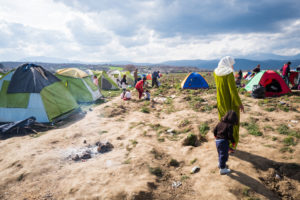
Centre for Refugee Studies
The Centre for Refugee Studies (CRS) is an interdisciplinary community of researchers dedicated to advancing the well-being of refugees and others displaced by violence, persecution, human rights abuses, and environmental degradation through innovative research, education, and policy engagement.
Centre for Research in Earth and Space Science
The Centre for Research in Earth and Space Science (CRESS) facilitates research activity within the areas of planetary exploration, climate and environment, and space technology.

Centre for Research on Biomolecular Interactions
The Centre for Research on Biomolecular Interactions (CRBI) brings together researchers to further the understanding of the mechanistic details of how biomolecules interact with one another, the relationship between biomolecular interactions and cellular processes, and how biomolecular interactions can be used to diagnose and treat diseases.

Centre for Research on Language and Culture Contact
The Centre for Research on Language and Culture Contact is the bilingual research unit of Glendon College. It brings together the research activities of the faculty members and students of York University who investigate various aspects of language contact at both societal and individual levels.
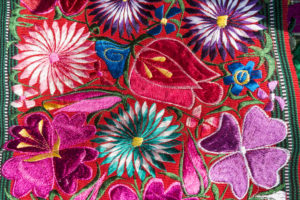
Centre for Research on Latin America and the Caribbean
The Centre for Research on Latin America and the Caribbean is a York University-based hub for inter- and multidisciplinary research on Latin America and the Caribbean, their diasporas, and their relations with Canada and the rest of the world.

Centre for Vision Research
The Centre for Vision Research at York University pursues world-class, interdisciplinary research and training in visual science and its applications.
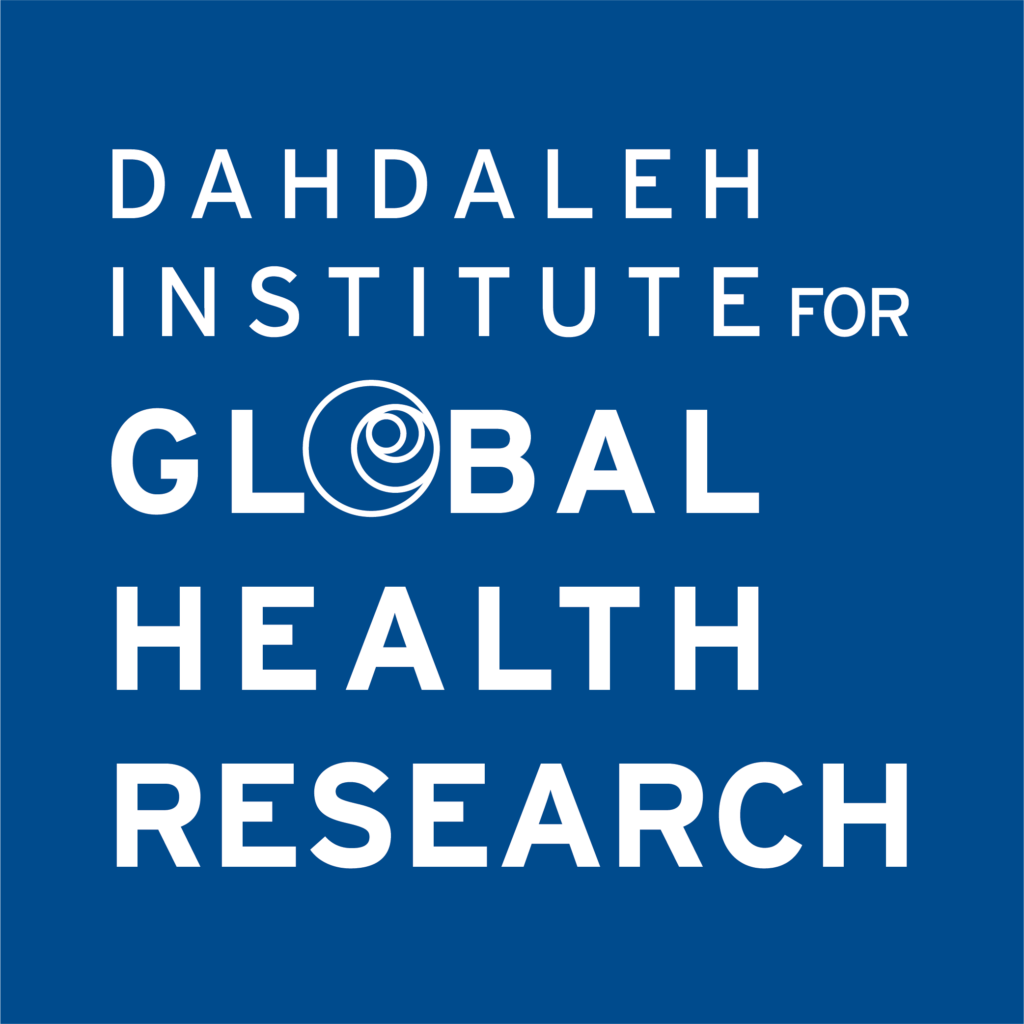
Dahdaleh Institute for Global Health Research
The Dahdaleh Institute for Global Health Research (DIGHR) furthers research, teaching, policy and practice around the three main themes of 1. Planetary health, 2. Global health and humanitarianism, and 3. Global health foresighting.

Global Labour Research Centre
The Global Labour Research Centre (GLRC) engages in the study of work, employment and labour in the context of a constantly changing global economy.

Institute for Research on Digital Literacies
The Institute for Research on Digital Literacies (IRDL) explores the diverse and evolving uses and implications of media and technology in formal and informal learning environments, and in digital culture more generally.

Institute for Social Research
The Institute for Social Research undertakes research that engages interdisciplinary social issues through research methodologies that involve survey, quantitative and mixed methods research.

Institute for Technoscience and Society
The Institute for Technoscience and Society (ITS) is a global hub of critical and interdisciplinary research and knowledge mobilization on the relationship between technoscience and society, especially the configuration of social power underpinning scientific claims, medical practices, emerging technologies, and sites of innovation.

Israel and Golda Koschitzky Centre for Jewish Studies
The Israel and Golda Koschitzky Centre is Canada’s first interdisciplinary research centre in Jewish Studies, bringing together a vibrant community of scholars and teachers to promote cutting-edge research in the field.

Jack and Mae Nathanson Centre on Transnational Human Rights, Crime and Security
The Nathanson Centre on Transnational Human Rights, Crime and Security focuses on the development and facilitation of a cross-disciplinary programme of research and project initiatives that enhance knowledge of issues related to a variety of transnational phenomena that are rapidly changing society, law and governance.

LaMarsh Centre for Child and Youth Research
The LaMarsh Centre for Child and Youth Research is a collaborative group of faculty and students that supports community-engaged interdisciplinary research in health, education, relationships and development of infants, children, adolescents, emerging adults and families everywhere.

Mad Studies Hub (website forthcoming)
The Mad Studies Hub (MSH) is an interdisciplinary research hub in mad studies. It supports excellence in social justice-informed programs of research with policy, practice, and pedagogical impact. The Hub fosters the formation of multidisciplinary teams and community-based collaborations, including international partners. The MSH will build intellectual life at York through research, community engagement, and knowledge mobilization with the goal of promoting equity with a central focus on the relationship between oppression and mental health.

Manufacturing Technology Entrepreneurship Centre (MTEC)
The Manufacturing Technology Entrepreneurship Centre (MTEC) integrates critical aspects of interdisciplinary research in manufacturing, technology and entrepreneurship, to reinforce research intensification by developing cutting-edge technologies, individuals, and enterprises to create regional impact and address societies pressing needs.

Mobility Innovation Centre (MOVE)
The Mobility Innovation Centre (MOVE), at York University’s Lassonde School of Engineering, takes an interdisciplinary approach to addressing mobility-related research challenges in Canada and beyond. It draws on the expertise of leading researchers from across science and engineering disciplines, developing innovative mobility solutions. MOVE conducts world-leading research to create sustainable, connected, and autonomous transportation systems, making transportation systems safer, more comfortable, and accessible.

Muscle Health Research Centre
The Muscle Health Research Centre (MHRC) provides a centralized and focused research emphasis on the importance of skeletal muscle to the overall health and well-being of Canadians.

One WATER
One WATER will greatly enhance our capacity to address the diverse aspects of the ongoing water sustainability crises, attract and train future leaders in the field, educate the public, innovate with industrial partners, and attract external competitive funding and endowments. One WATER will engage in interdisciplinary world-class research on sourcing, Artificial Intelligence, Technologies, Education & Sustainability, Resource Recovery & Reuse as well as their environmental, educational, and societal implications.
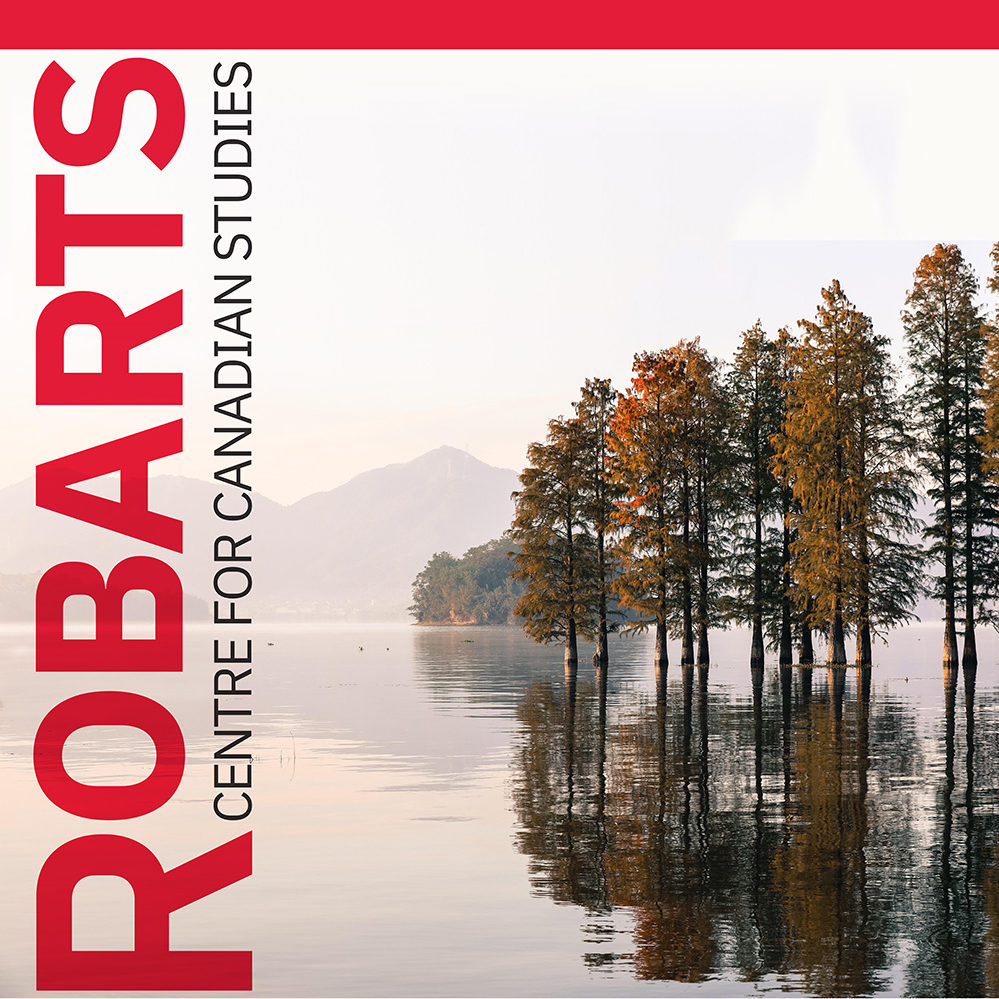
Robarts Centre for Canadian Studies
The Robarts Centre for Canadian Studies is a 21st-century research engine for the study of Canada and "Canada in the World".

Sensorium: Centre for Digital Arts and Technology
Sensorium is a research centre for creative inquiry and experimentation at the intersection of the media arts, performance, and digital culture.

The City Institute at York University
As an interdisciplinary institute, The City Institute at York University facilitates critical and collaborative research, providing new knowledge and innovative approaches to comprehending and addressing the complexity of the urban arena.
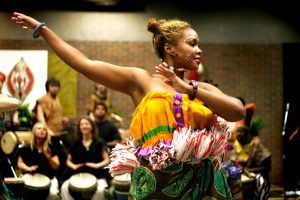
The Harriet Tubman Institute for Research on Africa and Its Diasporas
The Harriet Tubman Institute for Research on Africa and Its Diasporas is the preeminent, interdisciplinary centre for research, both historical and contemporary, on Africa and its global diasporas.

York Centre for Asian Research
The York Centre for Asian Research is a community of researchers who are committed to analyzing the changing historical and contemporary dynamics of societies in Asia, understanding Asia’s place in the world, and studying the experiences of Asian communities in Canada and around the globe.

York University Centre for Aging Research and Education
The vision of the York University Centre for Aging Research and Education (YU-CARE) is to promote graceful aging by approaching the subject with active and positive responses to changes and challenges throughout the process on a societal and individual level.
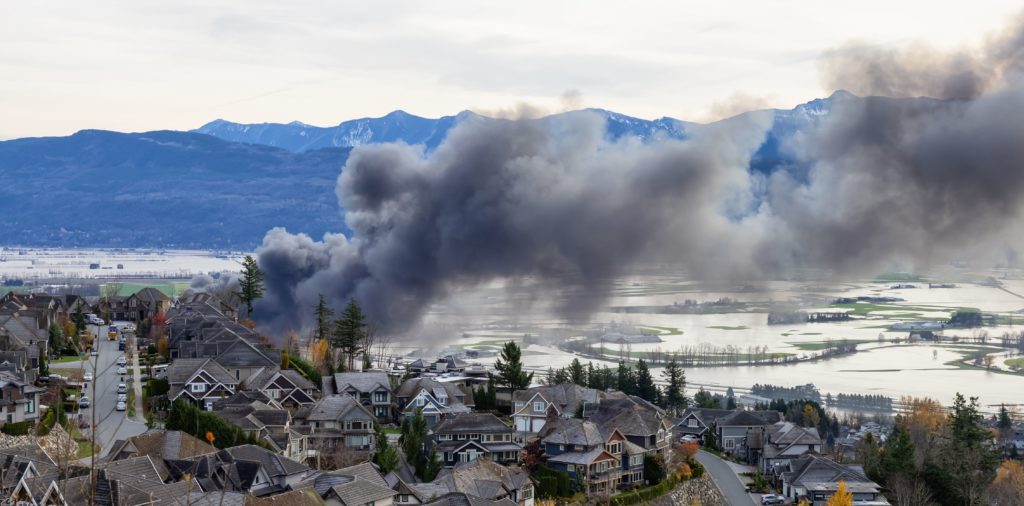
York Emergency Mitigation, Engagement, Response, and Governance Institute
The York Emergency Mitigation, Engagement, Response, and Governance Institute (Y-EMERGE) works to transform the way societies understand, conceptualize, analyze, manage, and govern crises, disasters, and emergencies. Y-EMERGE emphasizes community-engaged scholarship, real-world and need-driven research, and evidence-based training for effective emergency management.
For questions about Organized Research Units, please contact Dr. Nathalie LaCoste Ling (nling[@]yorku.ca), ORU Research Manager

